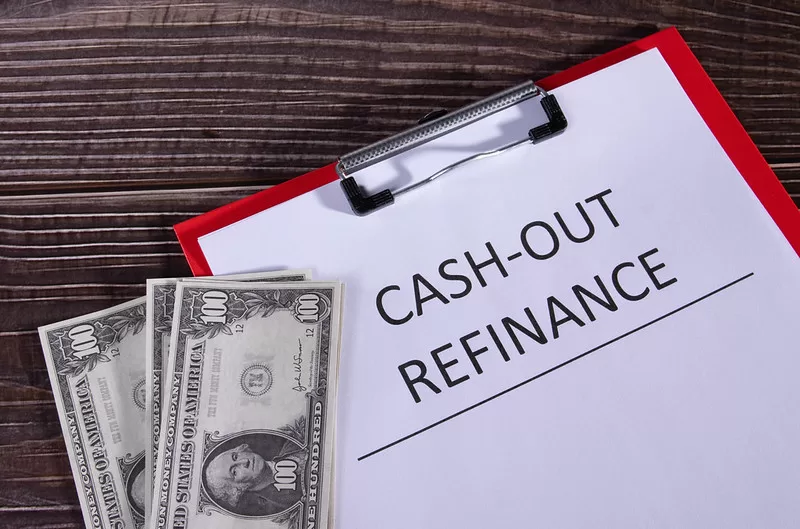Cash-out refinance is a refinancing option that allows homeowners to access the equity built up in their homes. It is a useful financial tool for debt consolidation, investing in home improvements, covering college tuition fees and more.
In this article, we provide an overview of what cash-out refinance is and explore five ways it can be used.

We also look at when this strategy may be beneficial and cover some of the drawbacks associated with cash-out refinance.
Do you know what is a cash out refinance is? A cash-out refinance is a type of mortgage refinance that allows homeowners to access the equity in their home and receive a lump sum of cash.
This is done by replacing the existing mortgage with a new one with a higher loan amount, and the difference between the two loans is given to the homeowner as cash.
There are several uses for cash-out refinance, and some of the most common include:
One of the most popular uses of cash-out refinance is to fund home renovations or repairs. This can include anything from a kitchen remodel to a new roof, and the cash can be used to pay for the materials and labour.
Read Also:
Another everyday use of cash-out refinance is consolidating high-interest credit card or personal loan debt into a single, lower-interest mortgage payment. This can help homeowners save money on interest and simplify their monthly payments.
Some homeowners use cash-out refinance to invest in other opportunities, such as rental properties, stocks, or small businesses. This can be a way to grow wealth over time and diversify your investment portfolio.
Some homeowners use cash-out refinance to pay for college tuition for themselves or their children. This can be a way to pay for college without taking on student loan debt, which can be challenging to repay.
Finally, some homeowners use cash-out refinance to build an emergency fund. This can be a way to have money set aside for unexpected expenses, such as medical bills, home repairs, or job loss. While cash-out refinance can be useful, it’s important to remember that it’s not right for everyone.
Homeowners should carefully consider their goals, financial situation, and the long-term implications of taking on a larger mortgage before deciding to refinance.
Additionally, before applying for a cash-out refinance, homeowners should be aware of the costs associated with the loan. This includes closing costs, appraisal fees, and any other fees the lender charges.
These costs can add up quickly, so it’s important to factor them into the overall cost of the loan. Furthermore, when considering cash-out refinance, homeowners should also be aware that it may affect their credit score, as the process of applying for a new mortgage will require a credit check.
A cash-out refinance is a financing option for homeowners who need access to funds. If you have built up equity in your home, a cash-out refinance allows you to tap into it and use it as needed. This type of loan can give borrowers a lump sum of money in exchange for refinancing their existing mortgage.
With a cash-out refinance, homeowners can borrow against the amount they owe on their current mortgage and receive the difference back in cash. This money can then be used to pay off debt, make home improvements, purchase investments or even pay for tuition.
A significant benefit of this type of loan is that there are usually no restrictions on how the funds are used once received. The downside is that this type of loan typically comes with higher interest rates than traditional mortgages.
In conclusion, cash-out refinance can be a useful tool for homeowners looking to access the equity in their homes and receive a lump sum of cash.
However, it’s essential to carefully consider the goals, financial situation, and costs of the loan before deciding to refinance. With careful planning and consideration, cash-out refinance can be a valuable tool for homeowners looking to improve their financial situation.